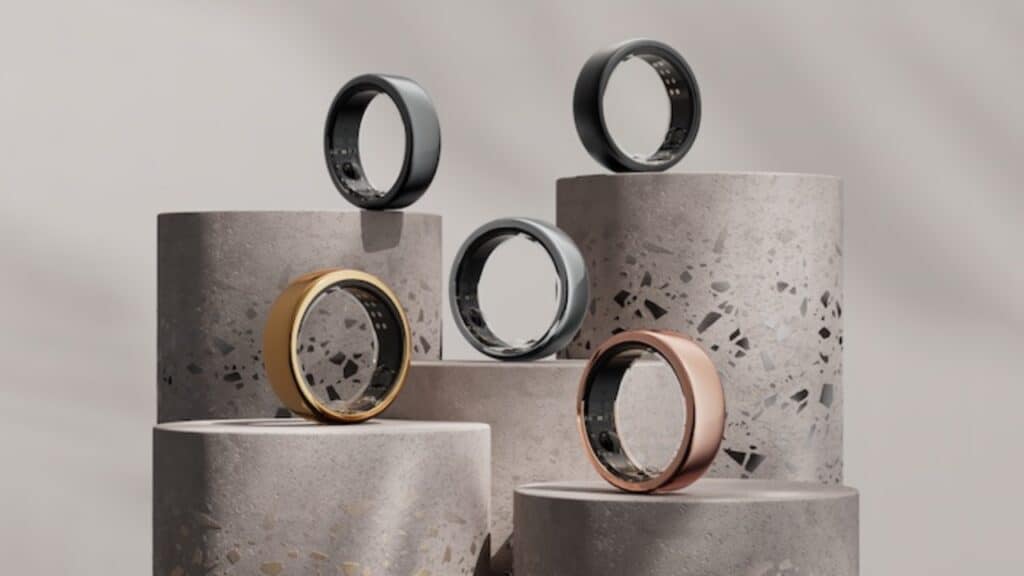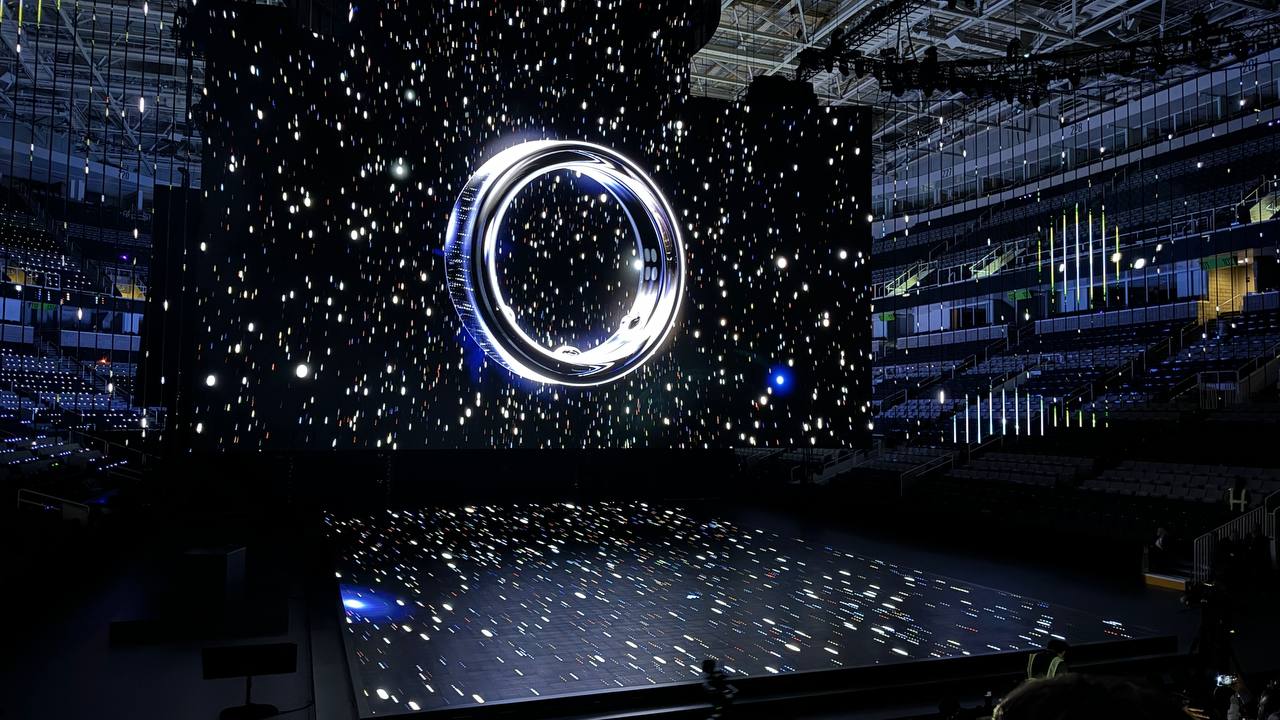After taking our wrist, technology will also bind to our fingers. Last week, during the Unpacked event, Samsung announced its first smart ring, the Galaxy Ring, which promises to revolutionize the world of wearable devices. Not because smart rings are new technology: on the contrary, the Korean company enters a market already full of interesting solutions. But because the arrival of the Galaxy Ring marks a certain maturity of this emerging sector – and perhaps Samsung could do for smart rings what Apple did with smart watches.
Smart rings: does the arrival of Samsung’s Galaxy Ring change the market?
Fitbit had already normalized sensors to analyze training, Pebble had raised funds and launched the first watch on the market that read smartphone notifications. Garmin had brought GPS to our wrists more than twenty years earlier. But it was the launch of the first Apple Watch (announced in 2014 and arrived on the market the following year) that the world of wearables changed. And up to a certain point, even in fashion: if many are still fascinated by classic movements, smart watches are also seen at gala dinners and fashion shows.
It wasn’t just a question of technological superiority, real or presumed: it was the weight of the brand, the richness of the ecosystem, the support of apps and services. And Samsung, with Galaxy Ring, hopes to do the same for smart rings.
Monitor health from your finger
At the event, Samsung announced virtually nothing other than the name of the device. But before doing so, he spoke at length about Samsung Health and the health and workout features of its devices – powered by AI.
To give us personalized advice on health and sport, AI needs data. It therefore seems that Galaxy Ring will mainly be used to collect data on our heart rate, blood oxygenation, movements and sport. The Verge reports the words of Samsung spokesperson Amber Reaver, who thinks that Galaxy Ring serves to “allow more people to manage their health with a complete but simplified approach to daily well-being at home”.
The ring should be lighter and more comfortable than a smart watch, especially for tracking sleep (something both Samsung and its longtime partner Google have been working on for some time). And it should arrive in three finishes and in sizes up to 13, later this year.
A growing market
Samsung is certainly not the first to see that when it comes to collecting health data, a ring has many advantages over a watch or band. At CES in Las Vegas we saw several innovative prototypes and models. But there are companies that have been on the market for a long time, such as Oura (which we have already told you about).
 The Oura Ring 3 | Photo credits: Oura.
The Oura Ring 3 | Photo credits: Oura.
Companies that want to highlight their “technological leadership”: immediately after Samsung’s announcement, Oura CEO Tom Hale issued a statement to the American media highlighting their company’s intellectual property portfolio, “with 100 granted patents, 270 pending patent applications and over 130 registered trademarks.” And he underlined that “The new players entering the space represent a confirmation for the category and push us to aim higher to serve our members and our community.”
If CES made us think so, Samsung’s announcement confirms it: 2024 will be the year of smart ring.
Will we all have a smart ring on our finger?
The smart ringsas we were saying, offer some advantages in detecting some body parameters compared to smartwatch. Especially in some areas: in particular, sleep monitoring. Not only is it more comfortable to have them on the finger, without the risk that a notification or a wrong setting turns on the screen (which isn’t there) disturbing our sleep. But also because placing the ring at the bottom of the finger proves itself more accurate for monitoring blood oxygen and heart rate compared to traditional placement on the wrist.
If during the day we keep the smart watch on our wrist for notifications and during training we want to have the statistics at hand (to know the pace in the race or even just the time elapsed), at night smart rings have an advantage.
Some rings also use NFC for payments or as a tag to unlock smartphones or PCs. At the moment, however, Samsung seems to have focused on health and sports. Even investing to improve Samsung Health – which could prove to be the winning advantage over rivals like Oura.
Samsung’s strategic advantage with Galaxy Ring
To aggregate data collected by Oura Ring o Amazfit Helio with those of smart watches or those of training apps, you need extra services such as Apple Health o Google Health. With the app Samsung Health and several wearables already on the market, Samsung can provide a common and well-served ecosystem. A bit like it does for the smart home with its many appliances and the SmartThings app. It’s easier for users to integrate services and devices from other brands into Samsung’s ecosystem, rather than finding a way to do the opposite. And, therefore, if they decide to buy a smart ring, they will more likely decide to choose Galaxy Ring.
If he Galaxy Ring will be successful, other companies are likely to follow Samsung’s example. Maybe Apple Rings or Pixel Rings will arrive, definitively inaugurating the era of smart rings. Or, perhaps, users will prefer brands that have already been working in this field for some time, such as Oura or Amazfit. Of course, we know that the launch of Samsung’s ring this year will determine whether this category of products interests users. Or if the general public prefers to have technology on their wrist, and not on their finger.















Leave a Reply
View Comments